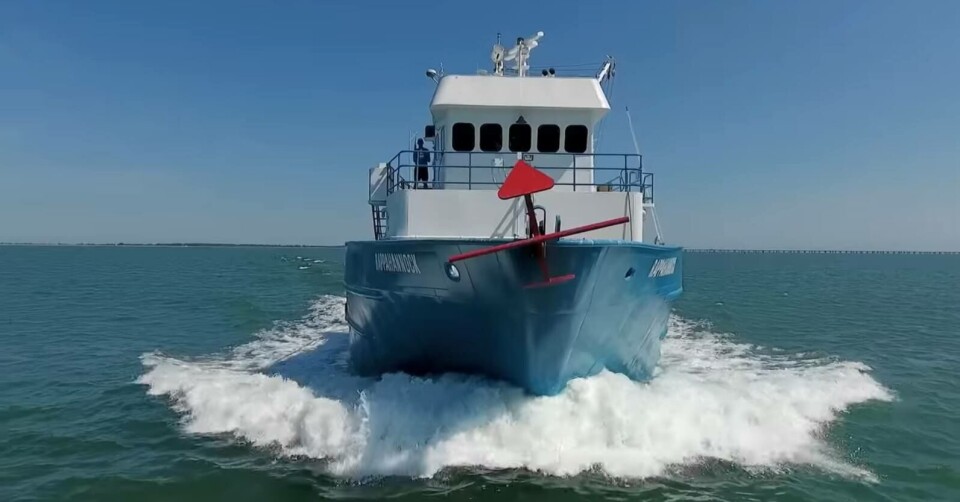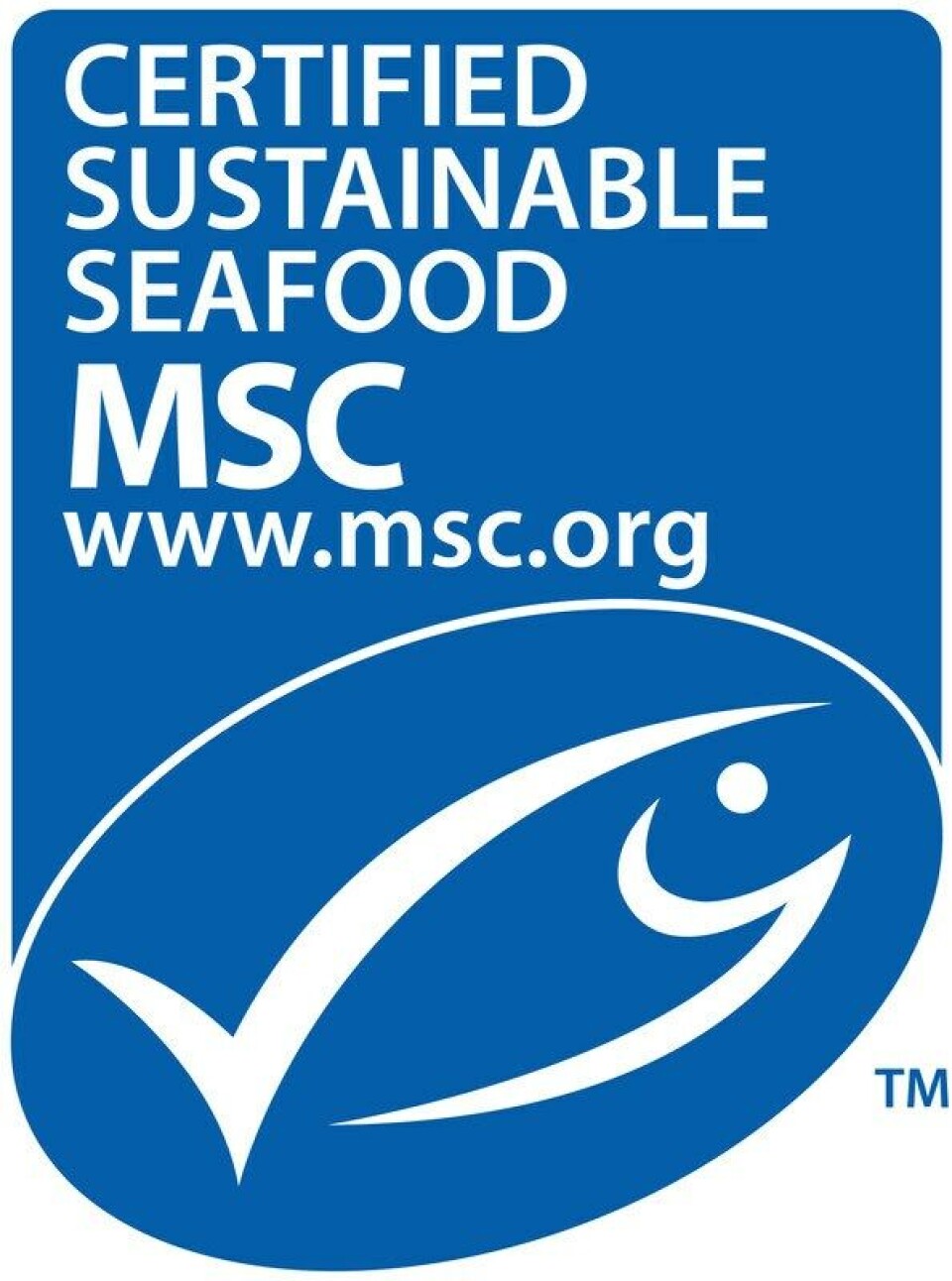
Cooke ticks sustainability box with MSC fish for Scottish feed plant
Fish from two recently accredited fisheries are to be used at a Scottish feed plant now owned by Cooke Aquaculture, enhancing the Scottish salmon industry’s sustainability credentials.
The Gulf of Mexico menhaden fishery used by Cooke subsidiary Omega Protein was certified as sustainable against Marine Stewardship Council (MSC) standards on October 17.
The Atlantic menhaden fishery also used by Omega Protein achieved MSC certification at the beginning of September after a two-year process started by Omega.

Global icon
“The Marine Stewardship Council is a global icon in seafood sustainability, and fisheries that are MSC certified are recognised as some of the best managed in the world,” said Omega Protein chief executive Bret Scholtes, after the Gulf fishery certification was announced. “Our fisheries have long operated according to sustainable practices, and this certification is just the latest recognition of it.”
Cooke announced in September that it had bought the former Skretting feed mill at Invergordon, Easter Ross, to supply its Scottish salmon farms in Orkney and Shetland.
It has established a new company, Northeast Nutrition Scotland Limited, to run the facility.
‘Highest standards’
Cooke’s vice president public relations, Joel Richardson, said Northeast Nutrition would source ingredients from the MSC-certified fisheries, along with marine ingredients from producers that are regulated by the International Fishmeal and Fish Oil Organisation (IFFO).
He said IFFO is an accredited observer to the UN Food and Agriculture Organisation (FAO), and focuses on the responsible use of fishmeal and oil in the areas where it will bring the most benefit to the nutrition of humans and the livestock they raise for food.
“All of our salmon is reared using feeds that are manufactured in compliance with the highest standards for animal feed safety,” added Richardson.
“Cooke’s commitment to sustainably sourced feed ingredients, ongoing improvements to feed formulations and innovations in feed delivery allow the company to produce healthy fish for its customers.”
‘Misleading and inaccurate’
He said Cooke couldn’t yet provide a date for the resumption of operations at Invergordon as the company is working with the mill management to fully assess the operation.
A report by a group called the Changing Markets Foundation, set up by two former Greenpeace executives, recently claimed UK supermarkets were selling seafood products, including salmon, which were being fed on marine ingredients acquired by unsustainable, illegal fishing in India, Vietnam and the Gambia.
The Scottish Salmon Producers’ Organisation shot down the allegation by pointing out that no salmon producer in Scotland used ingredients from the Gambia, India or Vietnam or from reef fishing.
“Any claim or suggestion that Scottish feed suppliers are sourcing from these fisheries would be wrong, misleading and inaccurate,” said the SSPO.
“Scotland’s feed suppliers will continue to ensure their ingredients are sourced from responsible and sustainable fisheries, allowing Scotland’s salmon farmers to achieve the best feed conversion ratios of any livestock, thus ensuring best use of marine resources.”























































